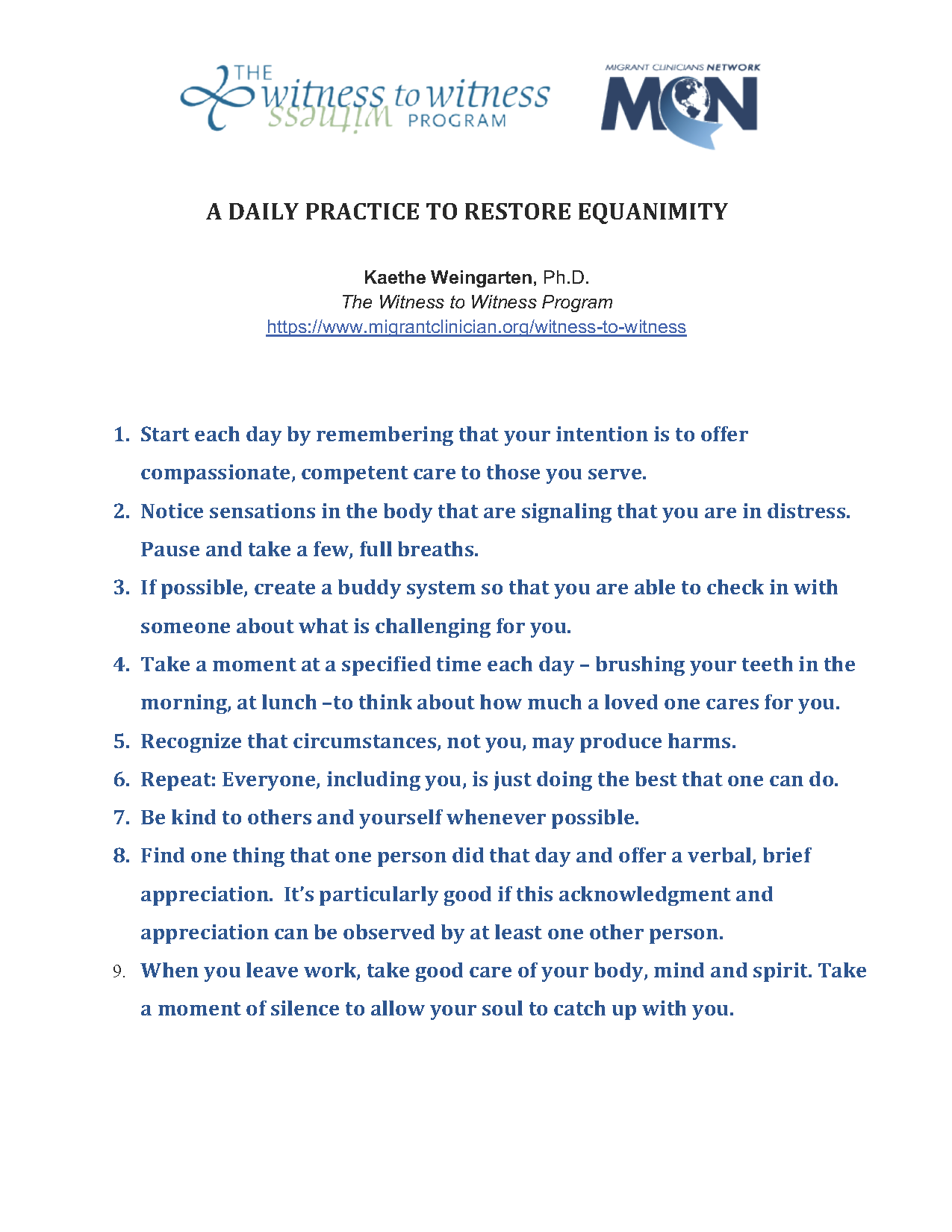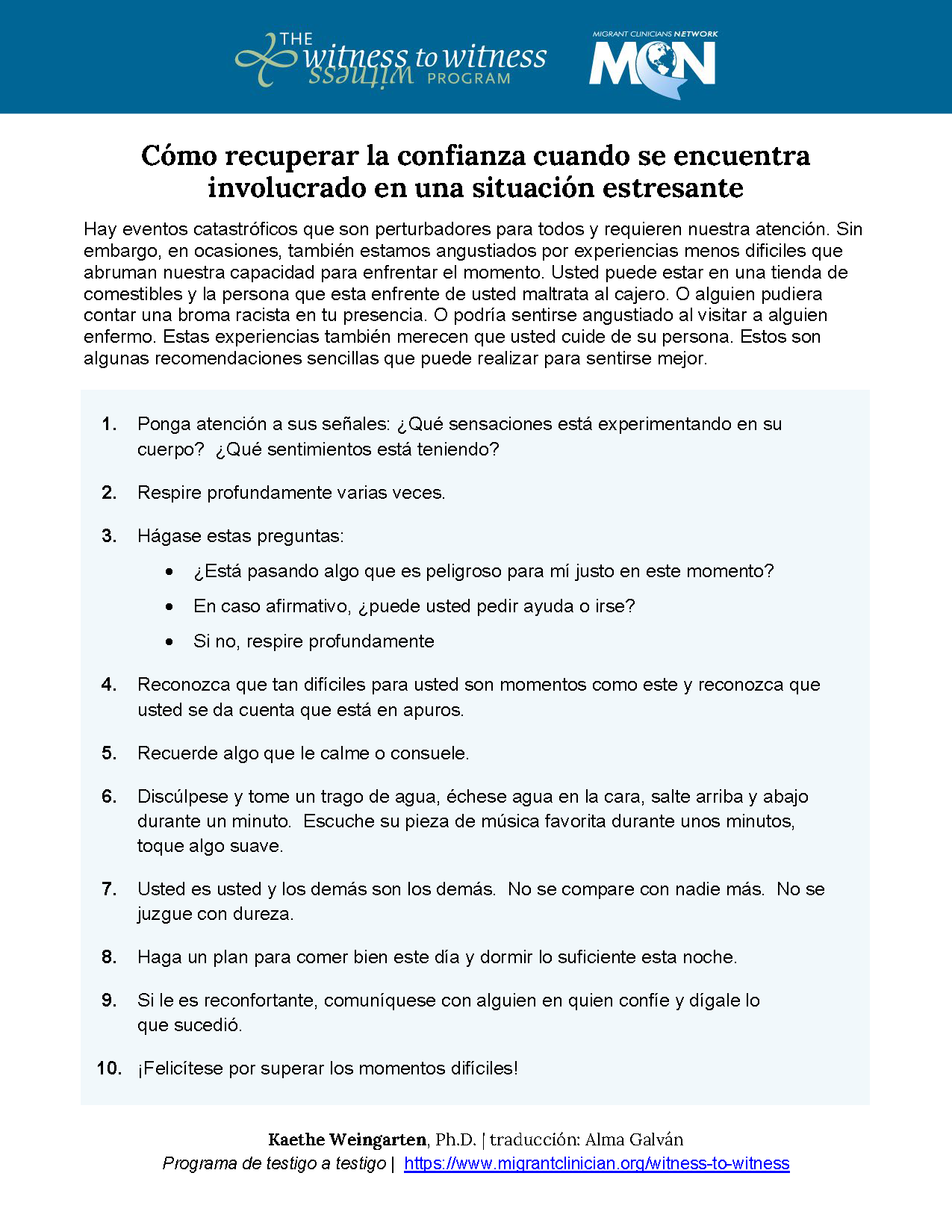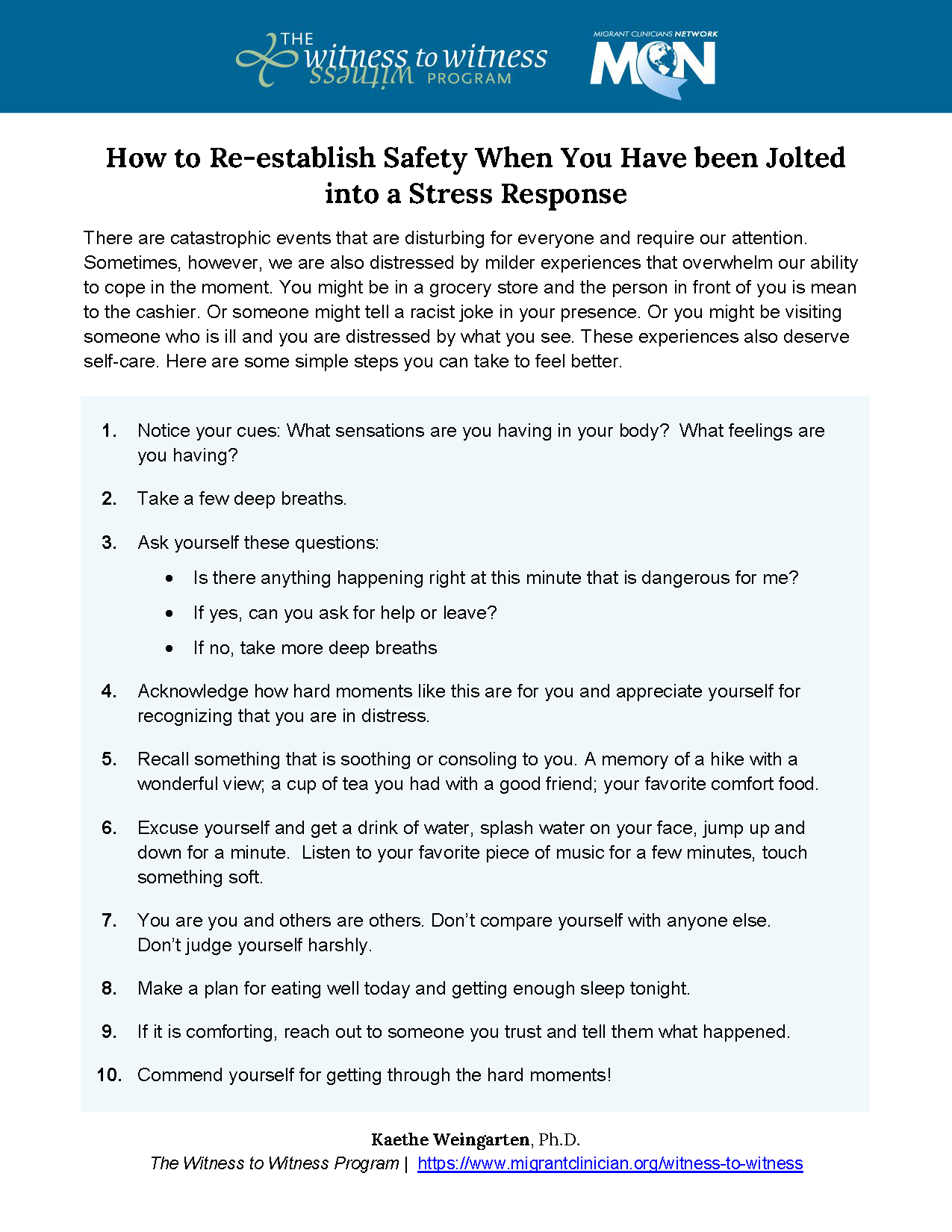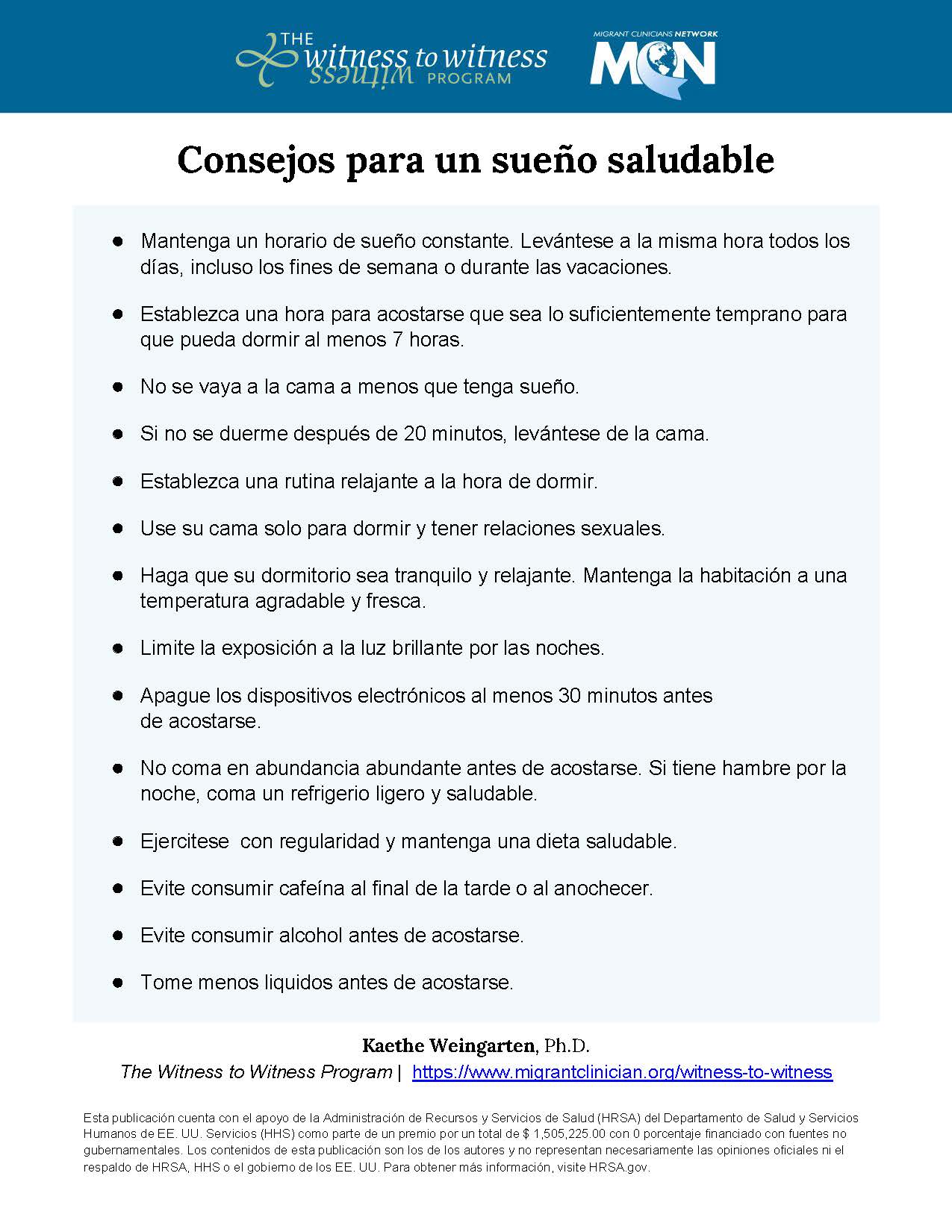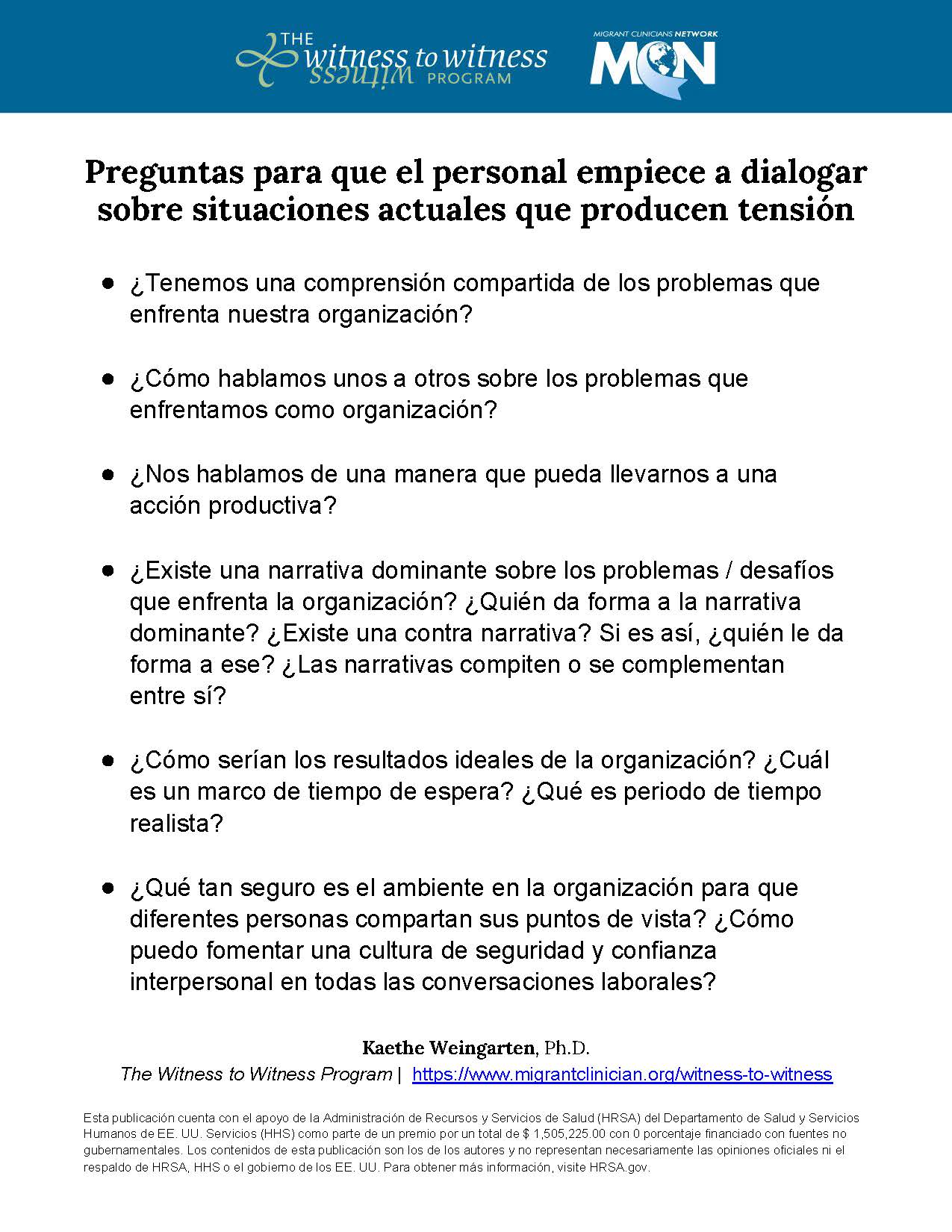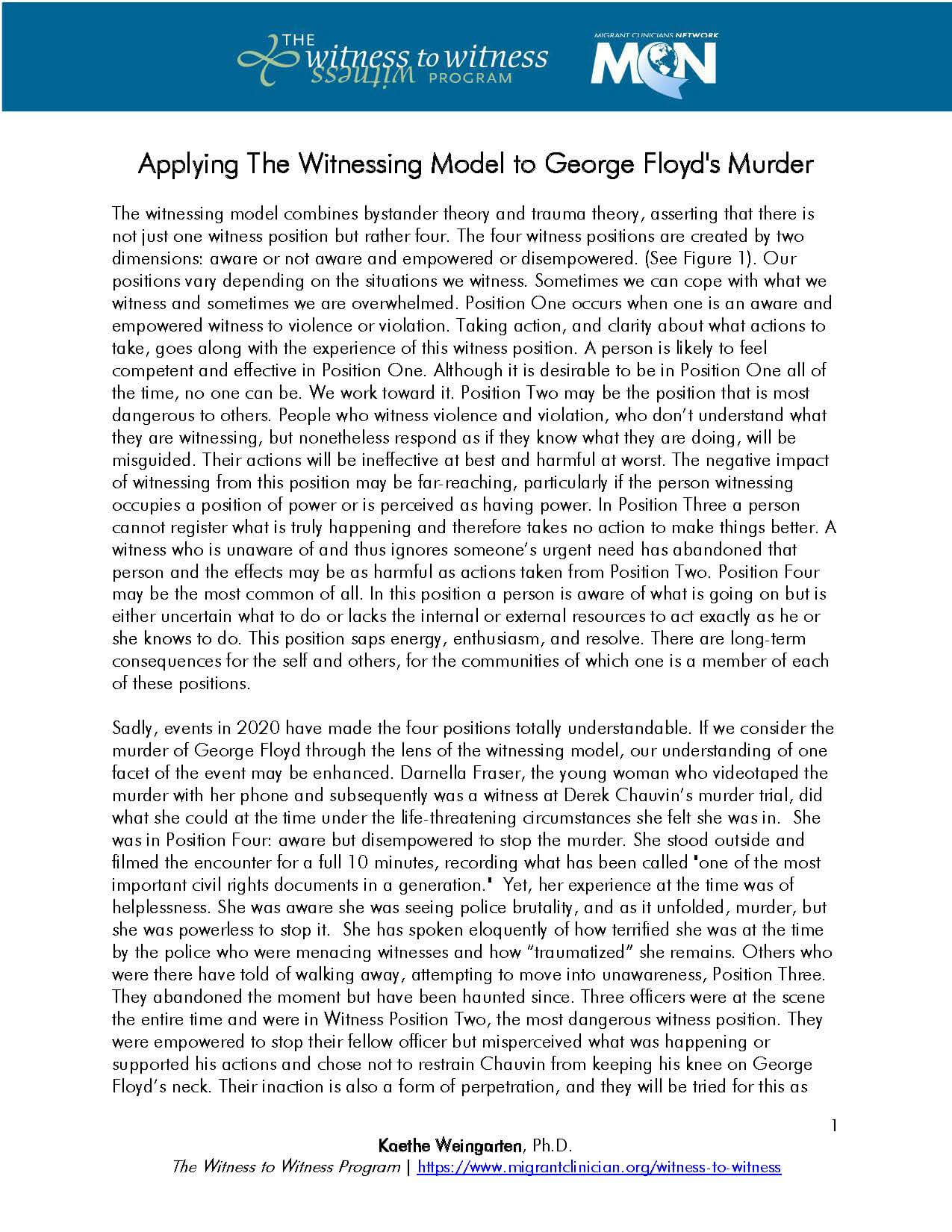
Download Resource
- 2022_Prioritize Fun.pdf (460.26 KB)
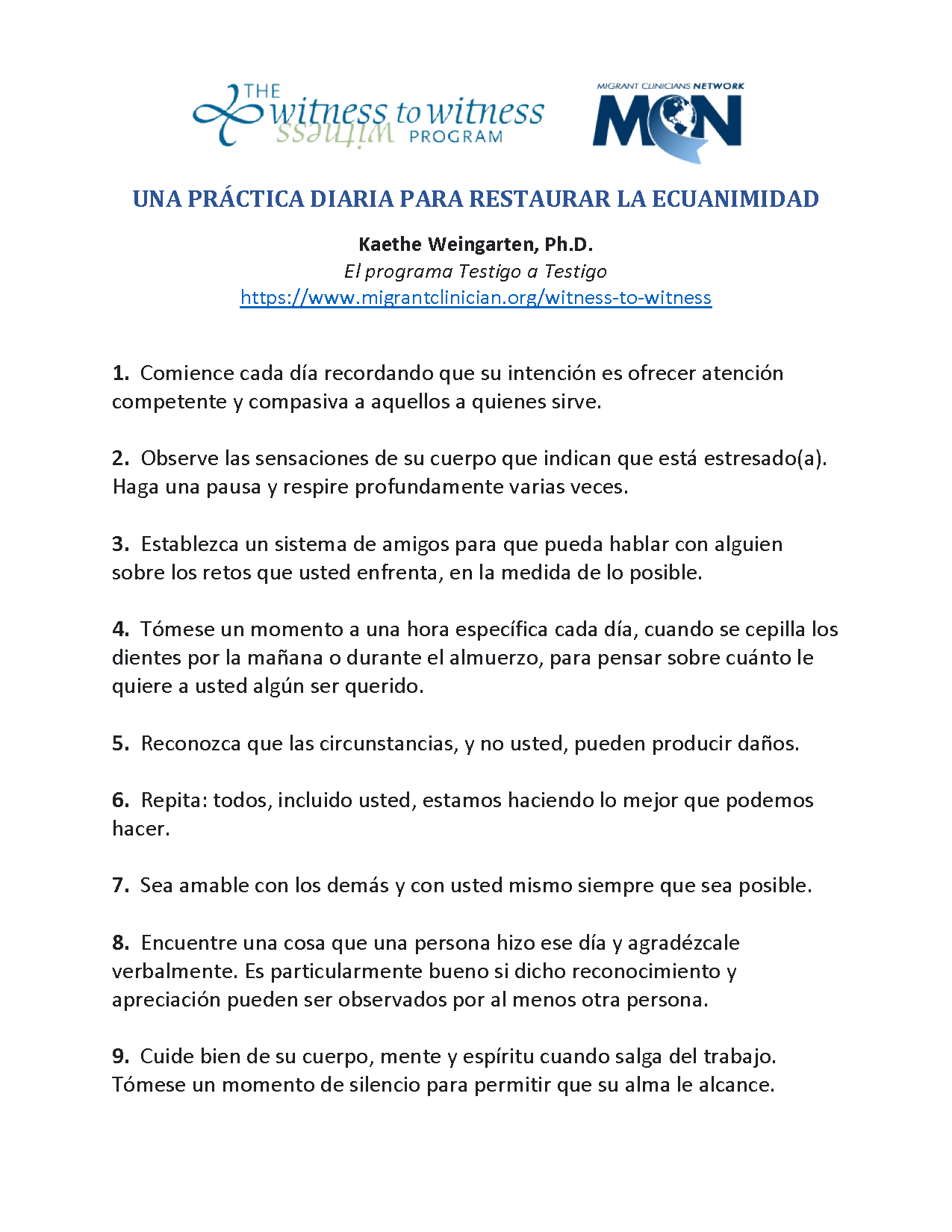
Download Resource
Download Resource
- A DAILY PRACTICE TO RESTORE EQUANIMITY.pdf (60.07 KB)
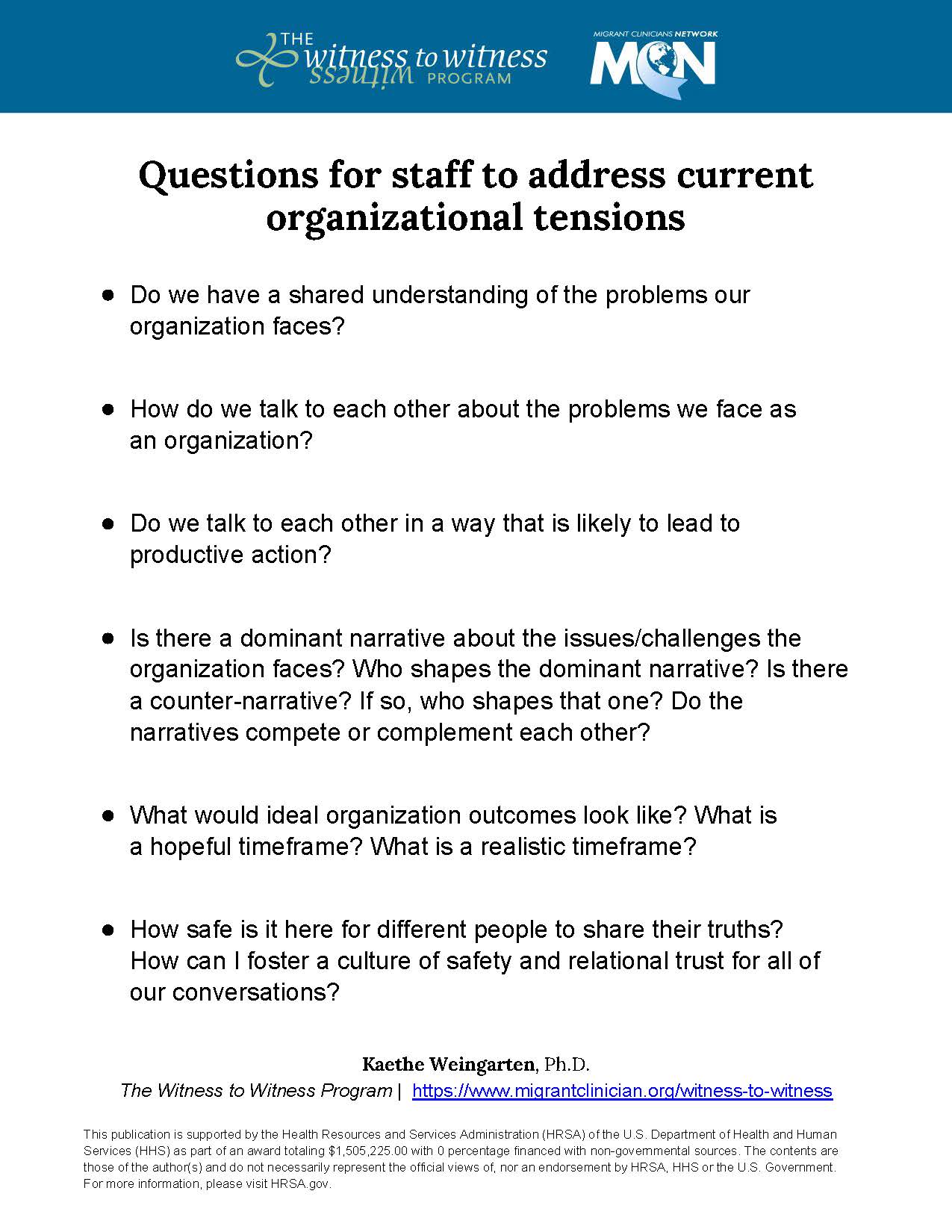
This publication was supported by the Health Resources and Services Administration (HRSA) of the U.S. Department of Health and Human Services (HHS) as part of an award totaling $ 1,310,460 with 0 percentage financed with non-governmental sources. The contents are those of the author(s) and do not necessarily represent the official views of, nor an endorsement, by HRSA, HHS, or the U.S. Government. For more information, please visit HRSA.gov.
Download Resource
- 2022-4-28_Questions-for-Staff-to-Address-Current-Organizational-Tensions_Handout.pdf (132.17 KB)
- 20D466~1.PDF (127.83 KB)
